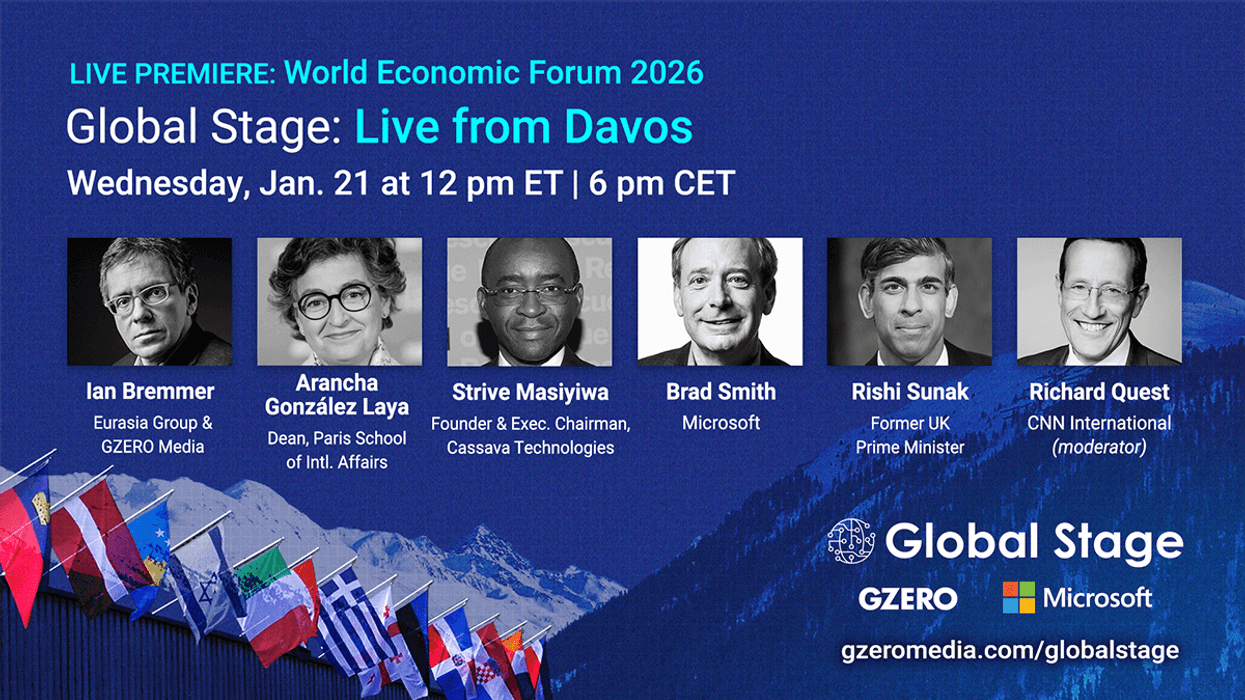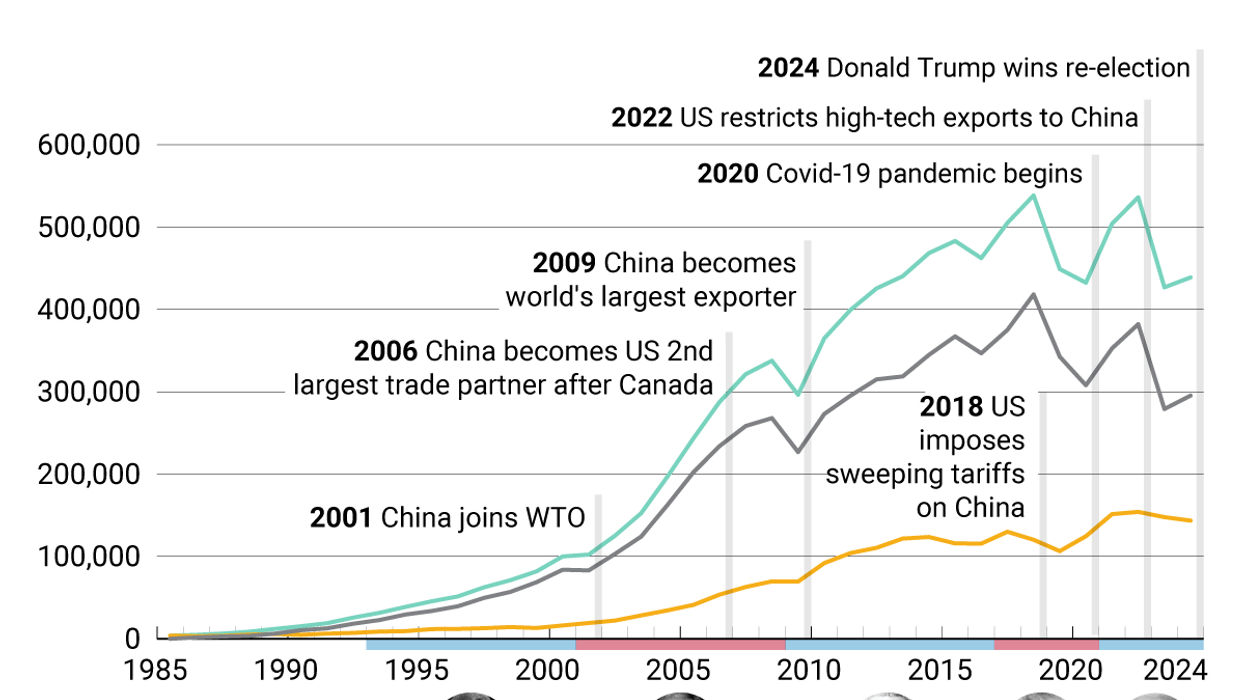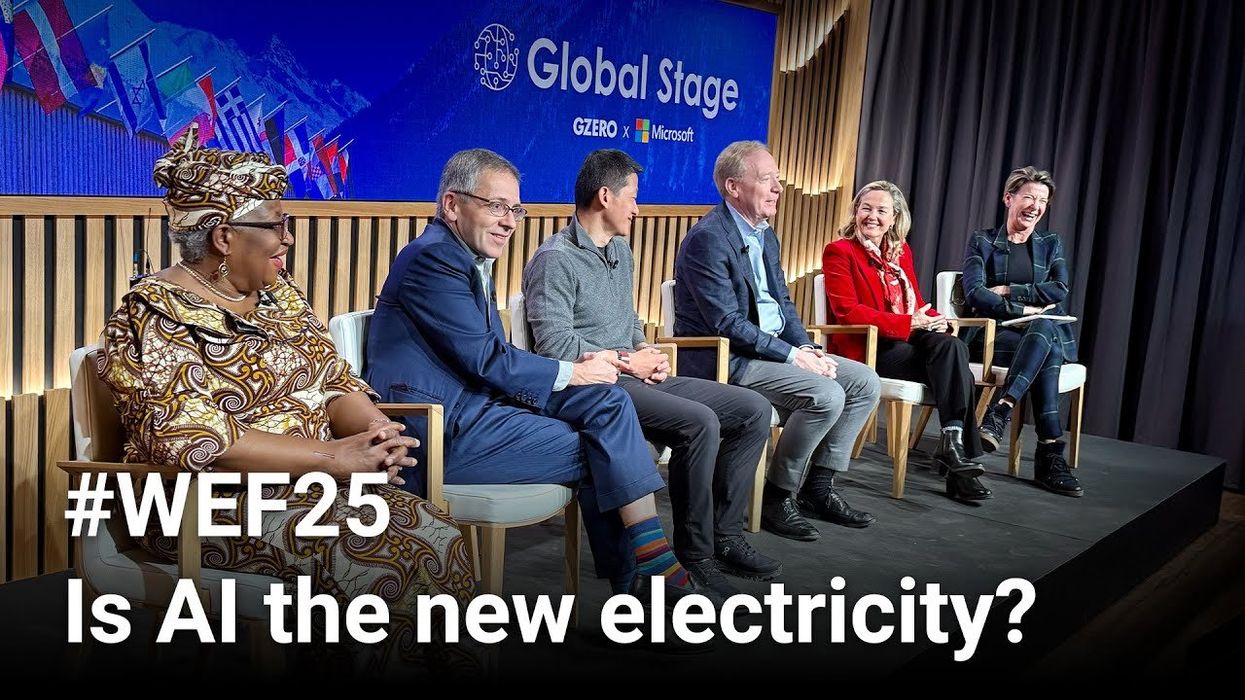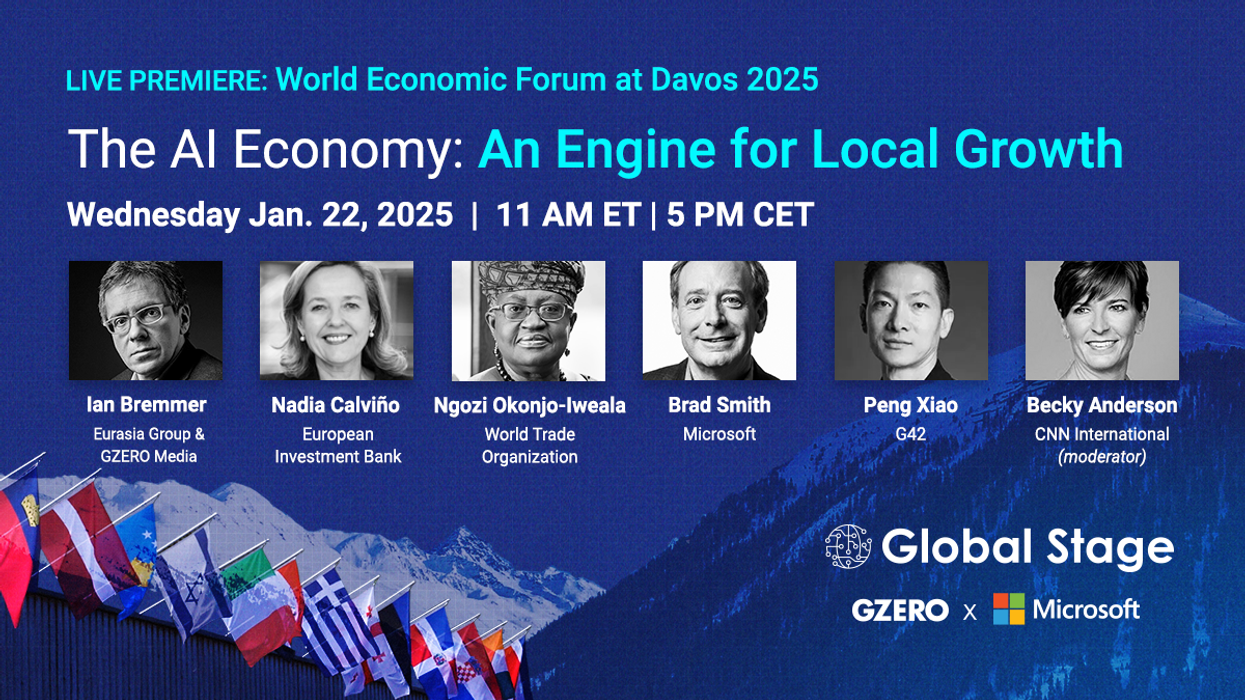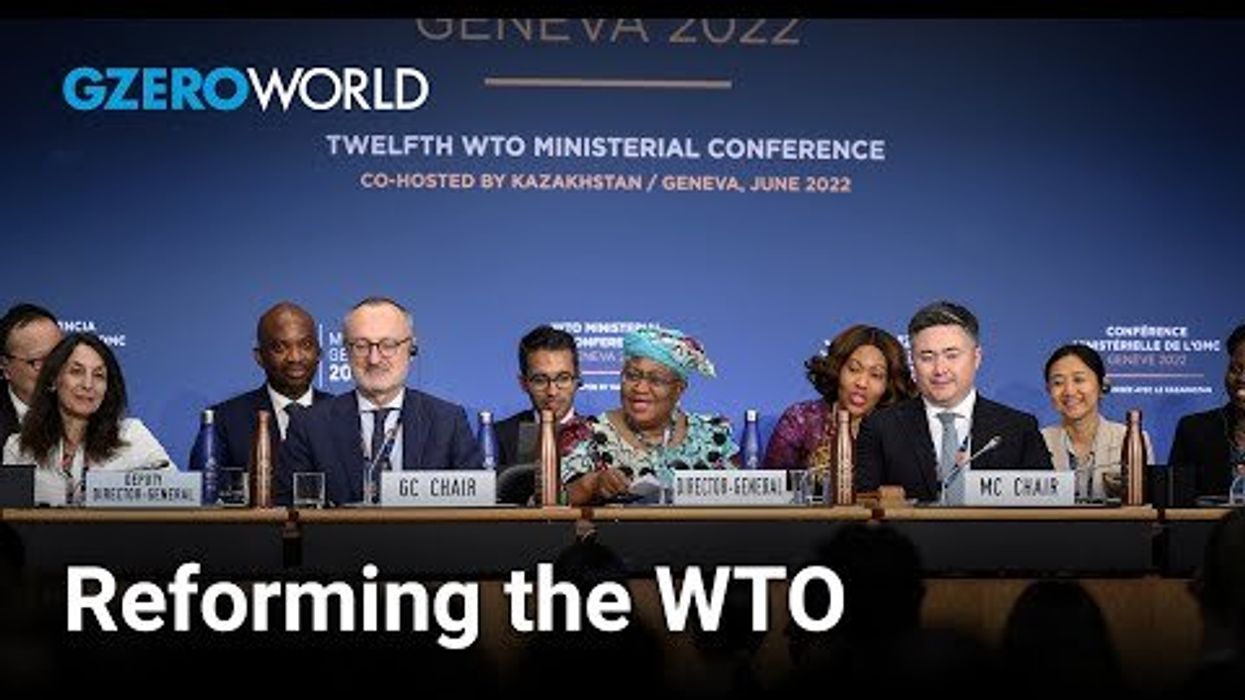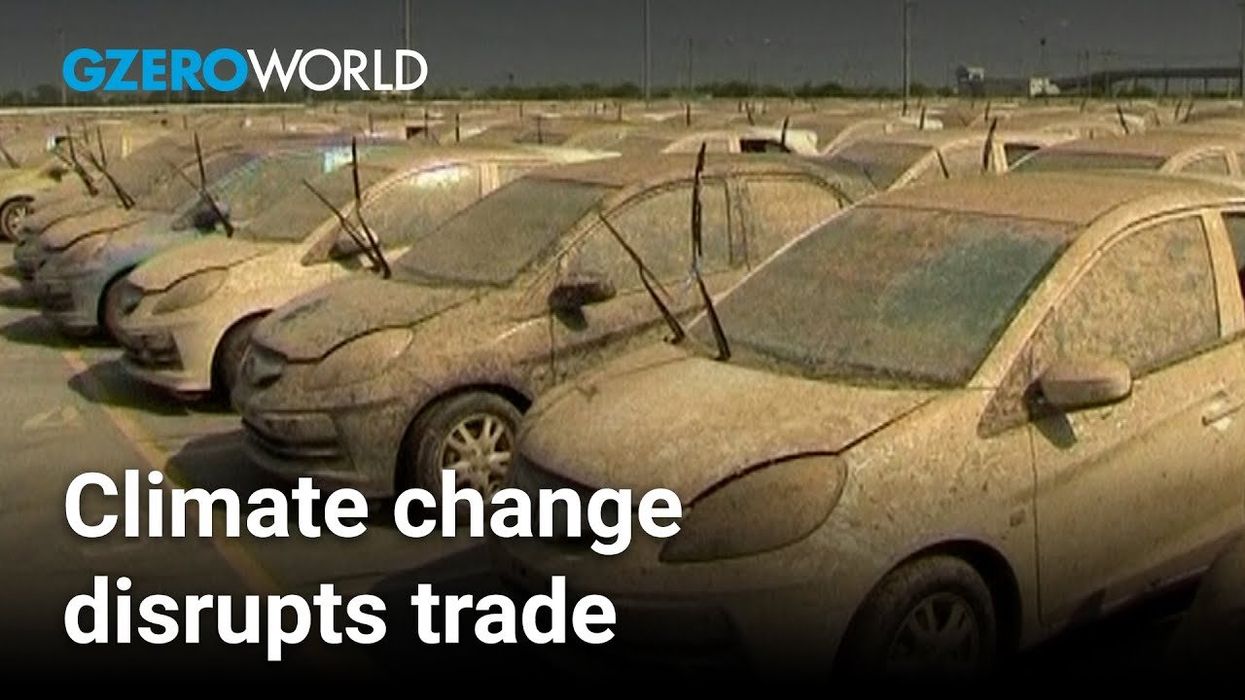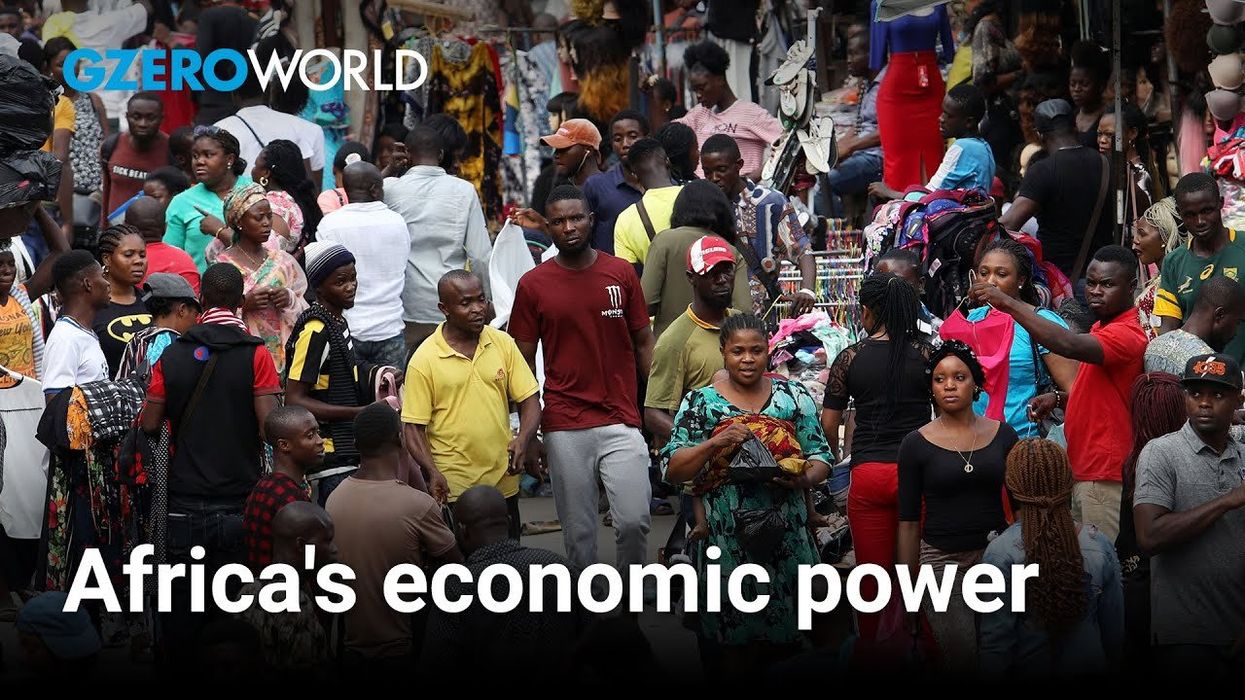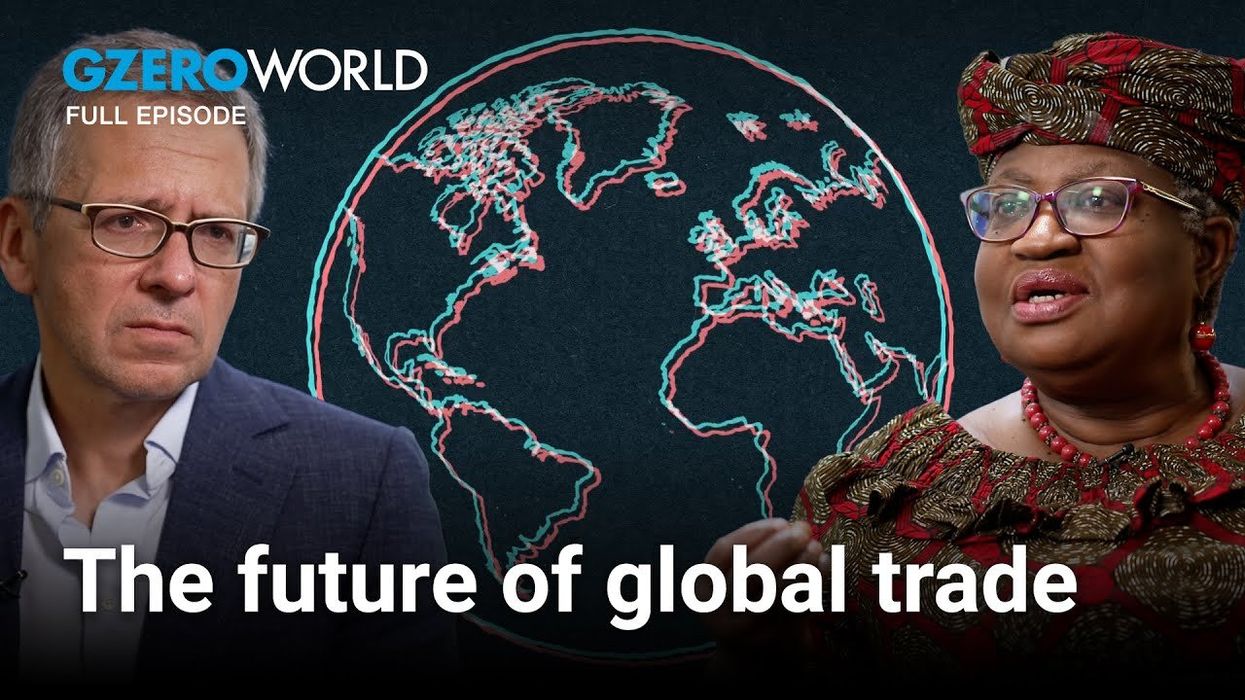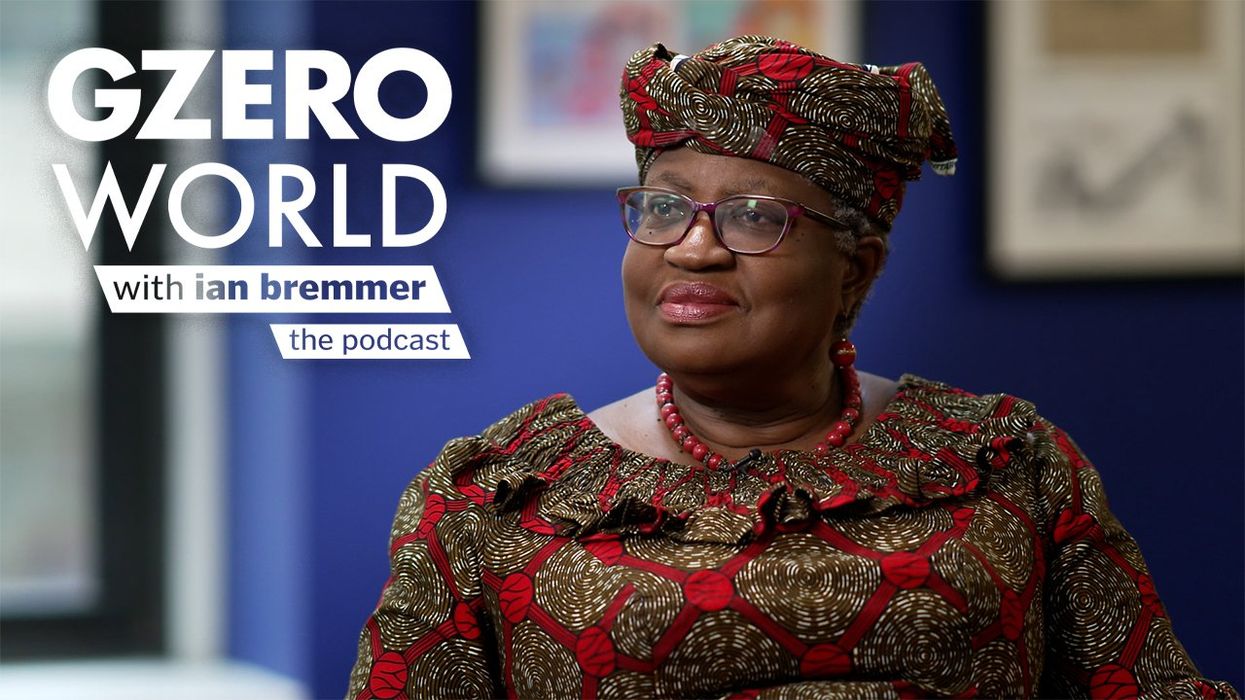Posts
Watch our Global Stage live premiere from Davos
WATCH THE REPLAY: At this year's World Economic Forum in Davos, Switzerland, our Global Stage panel discussion will examine the growing infrastructure around AI, how countries are tackling AI adoption, and the ways in which local and supranational industries might benefit from this rapidly accelerating technology. Watch at gzeromedia.com/globalstage
Jan 21, 2026
